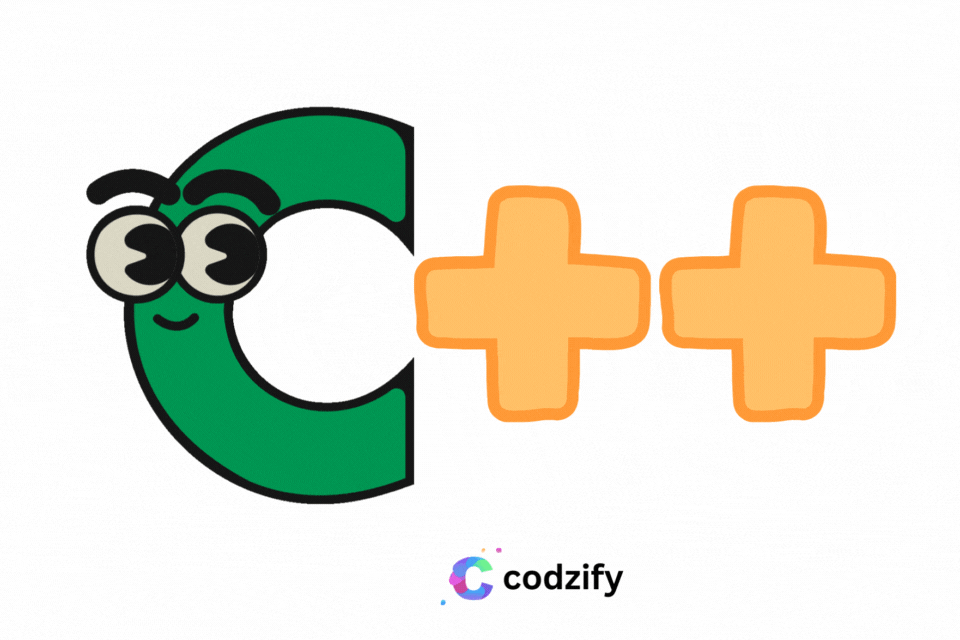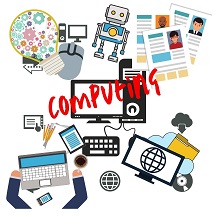This course on Differential Equations is tailored for undergraduate students to develop a comprehensive understanding of differential equations and their solutions, essential for advanced studies in their respective fields. The curriculum covers topics such as first-order and higher-order differential equations, their applications, and partial differential equations. The focus is on both mastering solution techniques and grasping the theoretical principles underlying these methods. Applications of differential equations extend to various fields, including Geometry, Mechanics, Physics, and Social Sciences like Economics and Psychology, illustrating their interdisciplinary relevance.
- Teacher: ALIGETI SANDHYA RANI
The course addresses the English language needs of the students at the undergraduate level. The focus will be upon five categories: Prose, Poetry, Vocabulary, Soft Skills and Grammar. In addition to these, the last two units focus on developing the speaking skills of students. Overall the course will focus upon the critical thinking faculties of the students concerning academic, linguistic, political, literary and ethical concepts.
The syllabus has been designed to develop the linguistic and communicative competence of undergraduate students. The teachers also ask comprehension questions to stimulate discussion and based on the discussions the students are made to write short paragraphs /essays and participate in group discussions.

- Teacher: Dr SAIKIRAN D
- Teacher: SOWJANYA D
This course is designed to provide students with a solid foundation in the fundamental concepts of C++ programming. It covers essential topics such as the core principles of programming with C++, algorithmic and procedural problem-solving, program design and development, basic data types, control structures, functions, arrays, pointers, and an introduction to classes for creating user-defined data types.

- Teacher: MAHANTA CHAUHAN
This course teaches the Fundamentals of Information and Technology by introducing students to basic architecture, software and hardware of a computer.

- Teacher: Dr DAMARAJU PADMALEELA